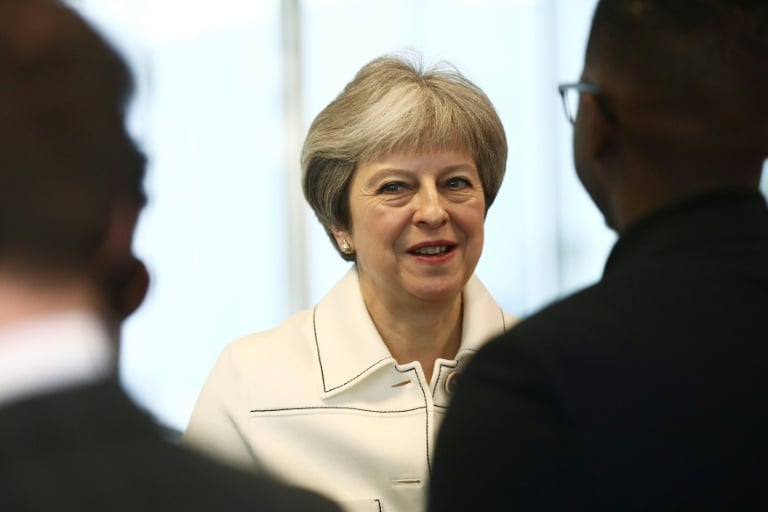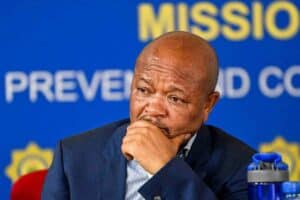This does not mean South Africa’s former colonisers are sold on the expropriation of land without compensation, an analyst says.

British Prime Minister Theresa May is unlikely to speak publicly against land expropriation when she makes her first state visit to South Africa today – but she may ask for an explanation, an expert says.
May will be the first British head of state to visit the country since David Cameron in 2012. She is currently on a tour of three African states, including Kenya and Nigeria, joined by several ministers and 29 business representatives.
While the governments of Australia and the United States have taken official positions on South Africa’s land issues, the United Kingdom is likely to take a more diplomatic approach on the surface.
This, however, did not mean that South Africa’s former colonisers were sold on the expropriation of land without compensation, said political analyst Tshepo Tselapedi.
“Part of the problem is the nexus of a powerful white minority with established economic ties with places such as the UK, and the network runs deep.
“There is a lot of paranoia at the moment against the policy of expropriation, even though there has been no modality that has been put on the table.
“There needs to be some sort of communication from us to the UK. But, remember, government can’t have a position on the matter as we are still going through public hearings and other processes.
“The ANC only took a position on the broader discussion of the proposal and the modalities that they have looked at.”
The biggest problem South Africa was likely to face was the possible violation of bilateral or multilateral trade agreements which were binding on certain political and economic issues, such as private property rights, Tselapedi pointed out. But this did not mean that there were no modalities for expropriation that could work around that.
“There are countries out there that have found expropriation modalities that work for them, such as New Zealand, where they would expropriate and not give cash.
“Instead, they give something like shares in a parastatal or a government bond which the recipient is able to cash out in about 20 years.
“So there are so many modalities that can be looked into that are not being discussed.”
When the delegation lands in Cape Town today, May will meet President Cyril Ramaphosa as well as business leaders and young people.
According to a statement from her office, she will use a speech on the opening day to set out how Britain can bolster its partnership with Africa, “particularly by bringing the transformative power of private sector trade and investment from the UK”.
For more news your way, download The Citizen’s app for iOS and Android.
Support Local Journalism
Add The Citizen as a Preferred Source on Google and follow us on Google News to see more of our trusted reporting in Google News and Top Stories.








